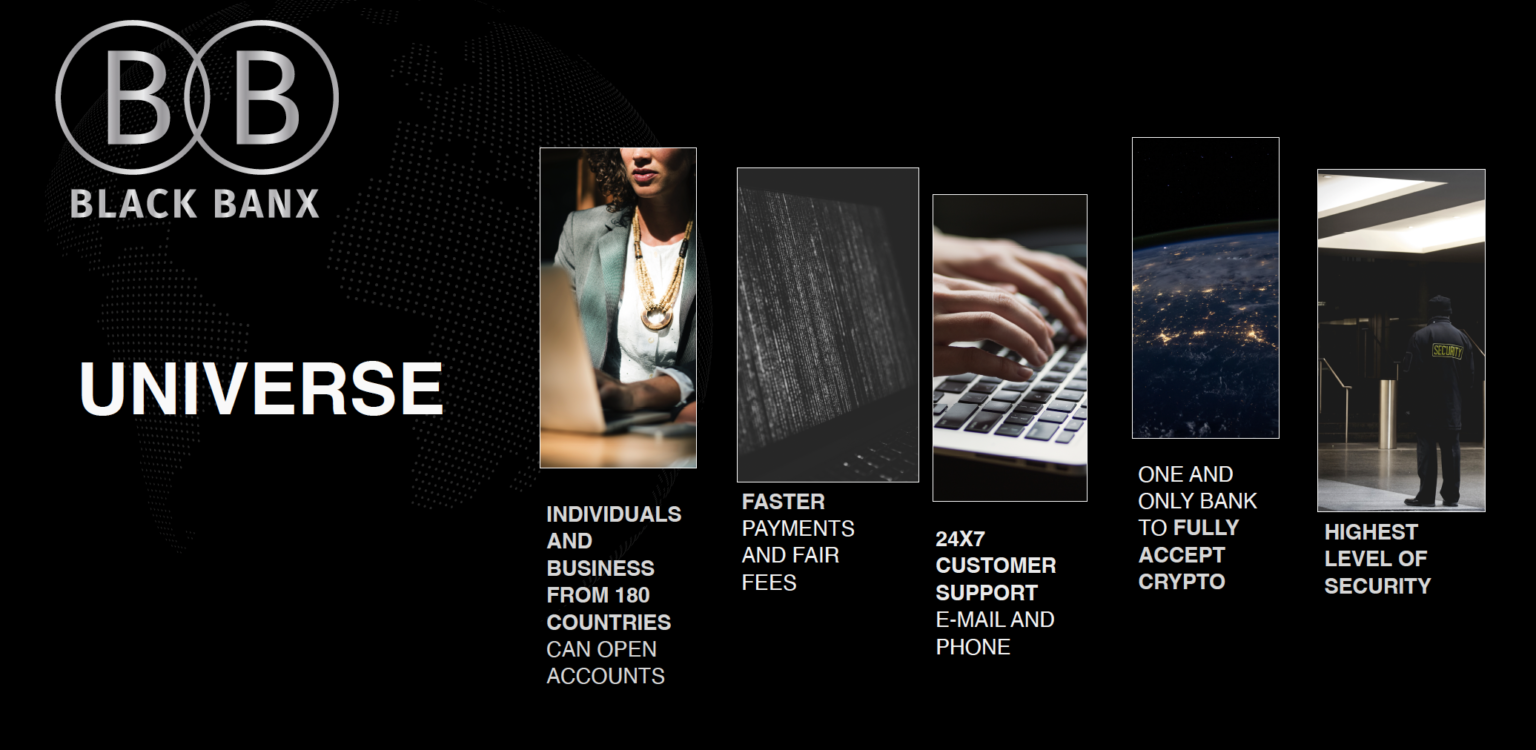Environmental concerns have taken center stage in recent years, and businesses are increasingly realizing the importance of adopting eco-friendly practices. Beyond the moral imperative of protecting the planet, sustainable business practices offer tangible benefits, including enhanced reputation and profitability. With the drastic changes in weather and climate, as well as the preponderance of natural calamities, incorporating eco-friendly practices in business operations has become standard as a means for industries to do their fair share of healing the world. Sustainability has also become a priority among market players, with businesses altering their long-established protocols for more eco-friendly practices.
Climate Change and Its Impact on Businesses
Climate change poses significant challenges to businesses across industries worldwide. Rising global temperatures, extreme weather events, and environmental degradation disrupt supply chains, increase operational costs, and heighten business risks. From agriculture to manufacturing, tourism to finance, no sector remains untouched by the ramifications of climate change.
Businesses are increasingly vulnerable to the physical, regulatory, and reputational risks associated with climate change. Regulatory frameworks are evolving to address environmental concerns, imposing stricter emission standards and sustainability requirements. Consumer preferences are also shifting towards eco-conscious brands, compelling businesses to adapt or risk losing market share. As stakeholders demand greater transparency and accountability, companies face mounting pressure to address their environmental footprint and embrace sustainable practices.
Eco-Friendly Practices
Sustainable business practices encompass a wide range of strategies aimed at minimizing environmental impact while maximizing social and economic benefits. Some of these practices are discussed below:
Energy Efficiency: Implementing energy-efficient measures such as LED lighting, renewable energy sources, and optimizing heating and cooling systems can significantly reduce energy consumption and greenhouse gas emissions. For example, replacing traditional lighting with LED bulbs can lower electricity usage and maintenance costs while reducing carbon emissions.
Waste Reduction and Recycling: Adopting waste reduction programs, promoting recycling, and minimizing packaging materials are essential steps towards a circular economy—one that extends the life cycle of products. Companies can implement composting systems, design products with minimal packaging, and encourage customers to recycle or return products at the end of their lifecycle.
Sustainable Supply Chains: Partnering with ethical suppliers, ensuring fair trade, and responsible sourcing can help companies reduce their carbon footprint and mitigate risks associated with supply chain disruptions. By prioritizing suppliers who adhere to sustainable practices, businesses can support environmental conservation efforts and foster long-term relationships based on shared values.
Employee Well-being: Supporting work/life balance, wellness programs, and fostering a diverse and inclusive work environment are crucial for employee satisfaction and retention. Companies can offer flexible work arrangements, promote mental health initiatives, and create inclusive policies that prioritize employee well-being.
Sustainable Design: Incorporating eco-friendly materials, reducing resource consumption, and designing products for recyclability are key principles of sustainable design. By considering the environmental impact of product manufacturing and lifecycle, companies can minimize waste and promote responsible consumption.
Community Engagement: Supporting local initiatives, engaging in philanthropy, and promoting environmental conservation projects demonstrate a company’s commitment to social responsibility. By investing in local communities and environmental causes, businesses can build trust and goodwill among stakeholders while making a positive impact on society.
Transparency and Accountability: Disclosing environmental performance metrics, conducting sustainability reporting, and setting clear goals are essential for building trust and credibility. Companies can demonstrate their commitment to transparency by publicly reporting on their environmental initiatives, progress, and challenges.
Education and Training: Raising awareness, building a culture of sustainability, and providing training on environmental topics are critical for driving organizational change. Companies can empower employees with the knowledge and skills needed to adopt sustainable practices and integrate sustainability into daily operations.
Water Conservation: Installing water-saving fixtures, monitoring water usage, and promoting water-efficient technologies are essential for conserving water resources. Companies can implement water conservation measures in their operations and supply chains to reduce water consumption and minimize environmental impact.
Sustainable Transportation: Encouraging carpooling, incentivizing public transportation use, and reducing business travel can significantly reduce carbon emissions associated with transportation. By promoting alternative transportation options and telecommuting, companies can minimize their environmental footprint and support sustainable mobility solutions.
Sustainable Agriculture: Supporting organic farming, reducing pesticide usage, and promoting local food production are essential for sustainable agriculture. Companies can source ingredients from ethical and environmentally responsible suppliers, promote sustainable farming practices, and reduce the environmental impact of food production.
Black Banx and its Eco-Friendly Business Practices
Among businesses with all-out efforts to address climate change is Black Banx, a digital bank founded by German billionaire Michael Gastauer. Three years ago, the fintech company embarked on a journey towards environmental sustainability. Committed to becoming net-zero by 2030, Black Banx outlined a comprehensive climate strategy aligned with the goals of the Paris Agreement. Through a combination of innovative initiatives and strategic targets, the company aims to significantly reduce its emissions and minimize its environmental footprint.
Black Banx’s climate strategy revolves around three core principles:
Stay at Home: Encouraging employees to work remotely to reduce fuel consumption and energy usage, promoting work/life balance. By implementing flexible work arrangements and leveraging digital communication technologies, Black Banx aims to minimize its carbon footprint while enhancing employee well-being.
Go Digital: Embracing digital communication technologies to minimize business travel, save time, and reduce fuel usage. By replacing in-person meetings with video conferences and virtual collaboration tools, Black Banx reduces its environmental impact while improving operational efficiency.
Work from Anywhere: Reducing office space to minimize energy consumption and waste production, aiming for a 95% reduction by 2025. By transitioning to remote work and optimizing office space utilization, Black Banx reduces its carbon footprint while lowering overhead costs and promoting sustainability.
By embracing these principles, Black Banx not only reduces its environmental impact but also enhances employee well-being and operational efficiency. It is worth noting that Black Banx’s climate strategy is embedded within its governance structure, with oversight and management of climate-related issues at the highest levels of leadership. The Board and senior management oversee the implementation of the climate strategy, assess climate-related risks, and set strategic direction. Executive remuneration is aligned with climate commitments, reflecting the company’s commitment to sustainability.
In sum, incorporating eco-friendly practices in business operations is imperative in addressing the challenges of climate change and promoting sustainable development. By adopting sustainable business practices, companies can mitigate risks, enhance competitiveness, and contribute to a healthier, more sustainable future for generations to come. Through innovative initiatives and strategic partnerships, businesses like Black Banx are leading the way towards a greener, more resilient global economy that benefits both people and the planet.














